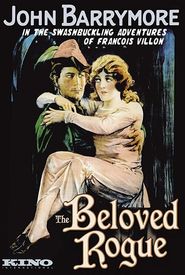Paul Bern, a German-born American screenwriter, director, and producer, is today more famously known for his tragic death, occurring just two months after his marriage to the iconic actress Jean Harlow in 1932. Born Paul Levy, Bern arrived in the United States with his family as a child. Tragedy struck his family when his mother drowned in 1920, as documented in her death certificate, contrary to previous speculations of suicide.
Bern spent the majority of his adult life employed at MGM, rising through the ranks to become an executive. He co-produced the acclaimed film "Grand Hotel" (1932/I),which won the third Academy Award, alongside the uncredited boy genius, Irving Thalberg. Bern earned a reputation as a trusted confidant for MGM stars, who could confide in him with their personal problems, knowing they would receive confidentiality.
His quiet and intellectual demeanor attracted Harlow, who, despite her sex symbol screen persona, was drawn to more cerebral pursuits. However, their marriage was strained from the start due to Harlow's leeching family, which Bern had inherited. Tragically, it was in death that Bern gained the most attention, with his alleged suicide remaining one of the most studied and speculated-upon mysteries in Hollywood history.
The authenticity of Bern's alleged suicide note, which is open to lurid interpretation, has sparked doubts. The note appears to be a mixture of a genuine apology written weeks prior to his death and a possible suicide note. Harlow never publicly commented on the matter, although she was interviewed by LAPD detectives and appeared before a grand jury.
Speculation surrounds the circumstances of Bern's death, with some claiming he was murdered by a mentally unstable former lover, Dorothy Millette, who was found floating in the Sacramento River the day after his death. Ben Hecht, a screenwriter, even alleged that Mannix, the studio's "fixer," was involved in Bern's murder.



























